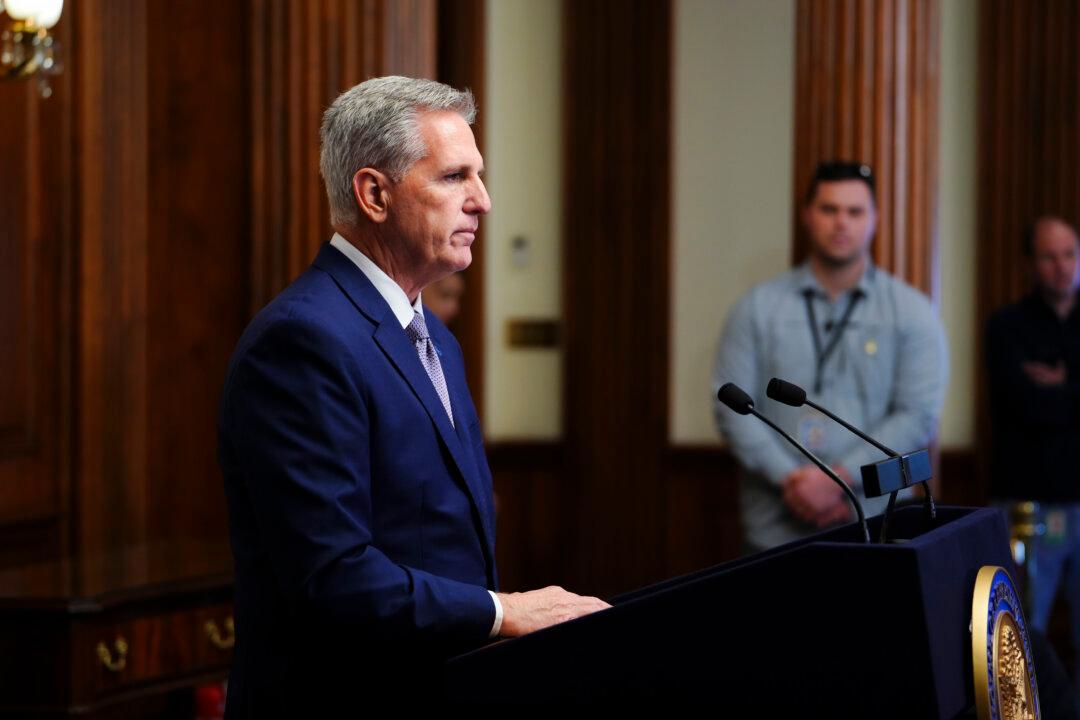Rep. Kevin McCarthy (R-Calif.) says he'll leave Congress at the end of the year, two months after becoming the first House speaker to be ousted from the role in the middle of a congressional term.
The Republican from Bakersfield, California, made the announcement in a Wall Street Journal op-ed, in which he said he was “leaving the House but not the fight.”





